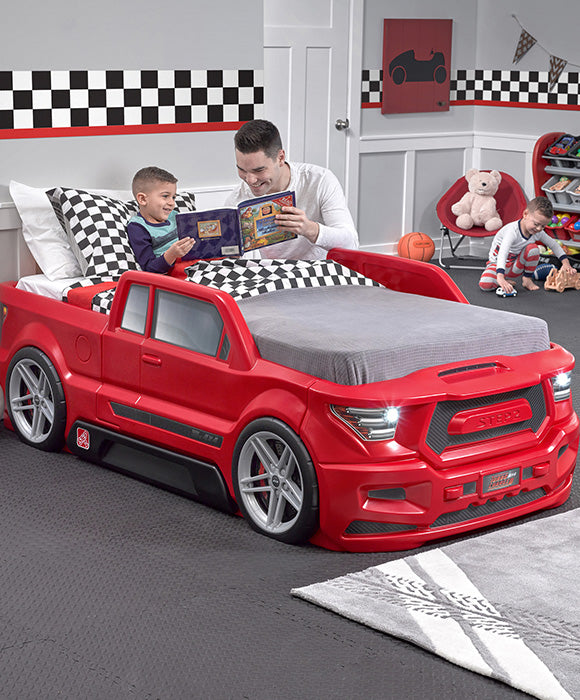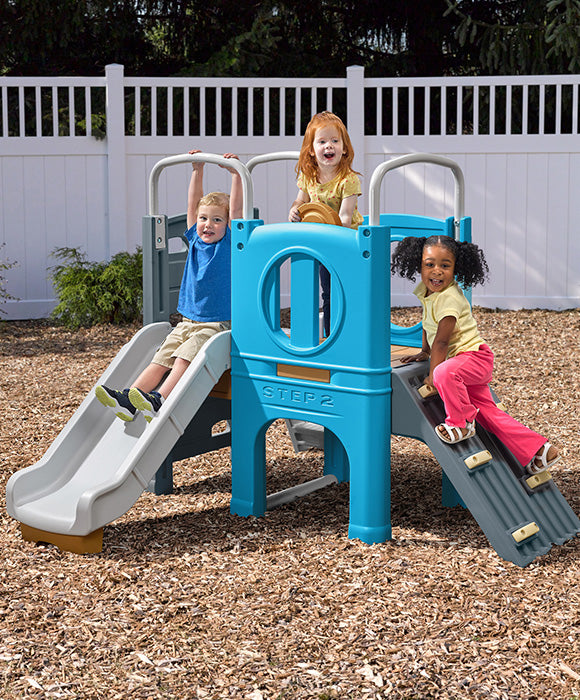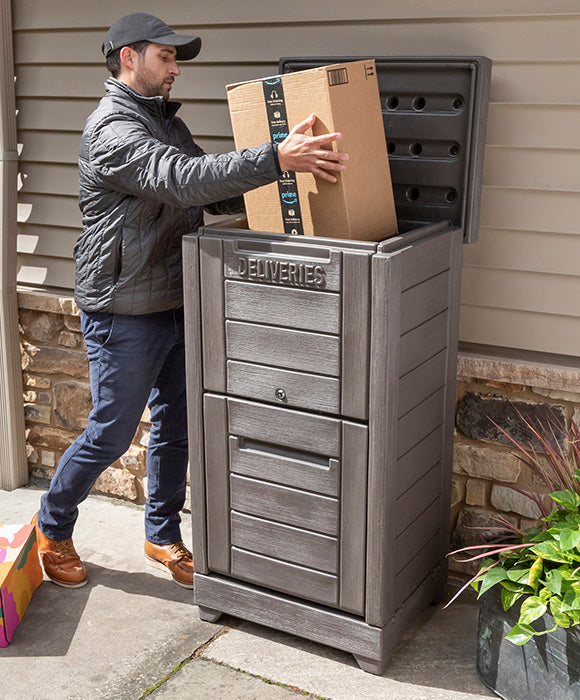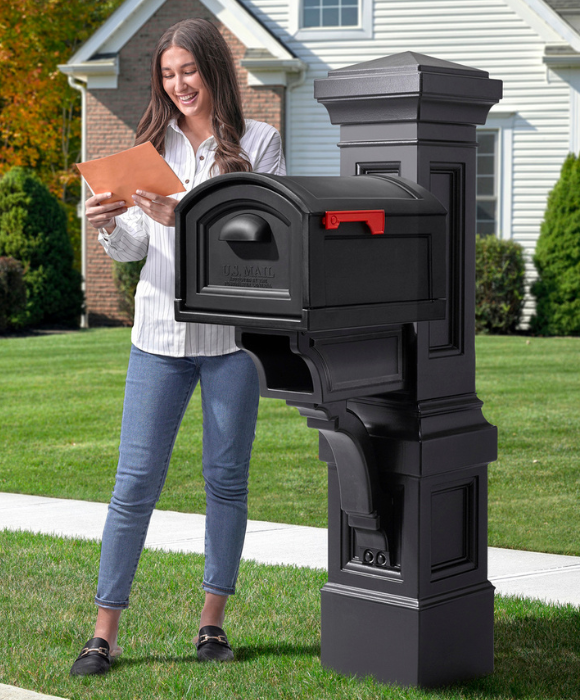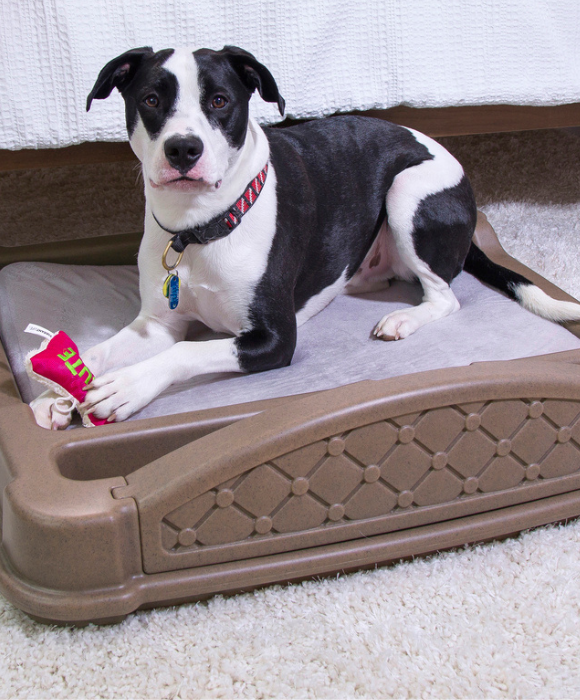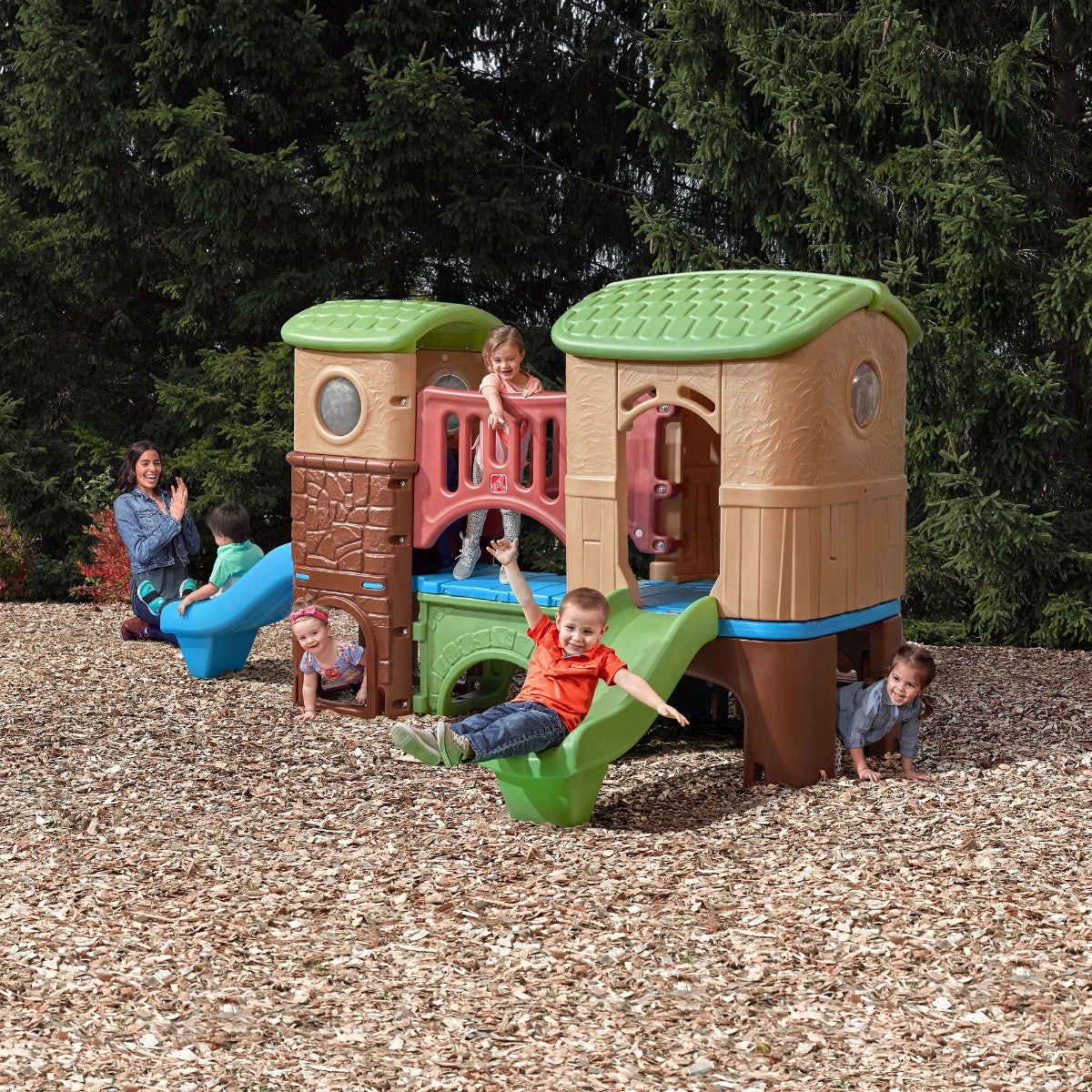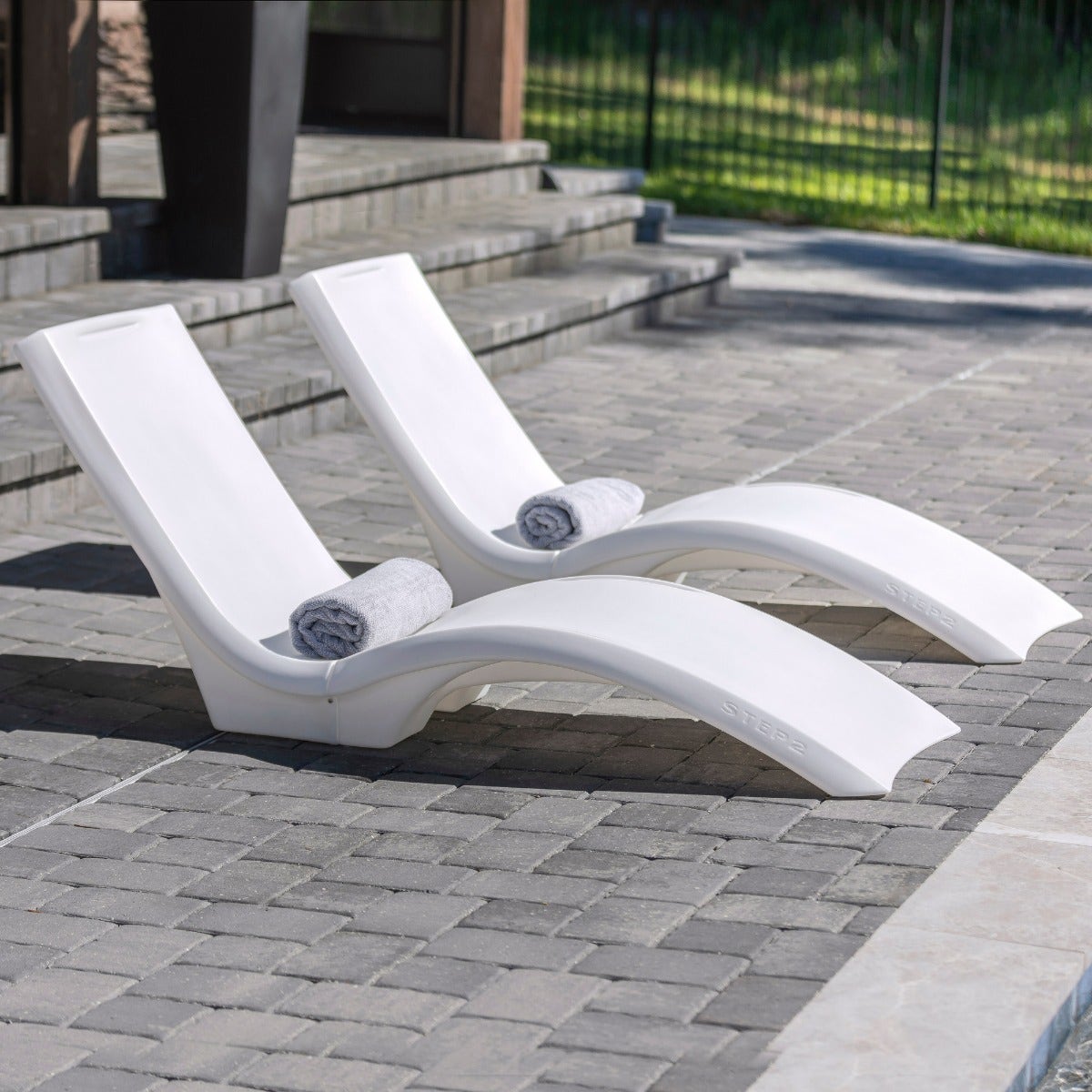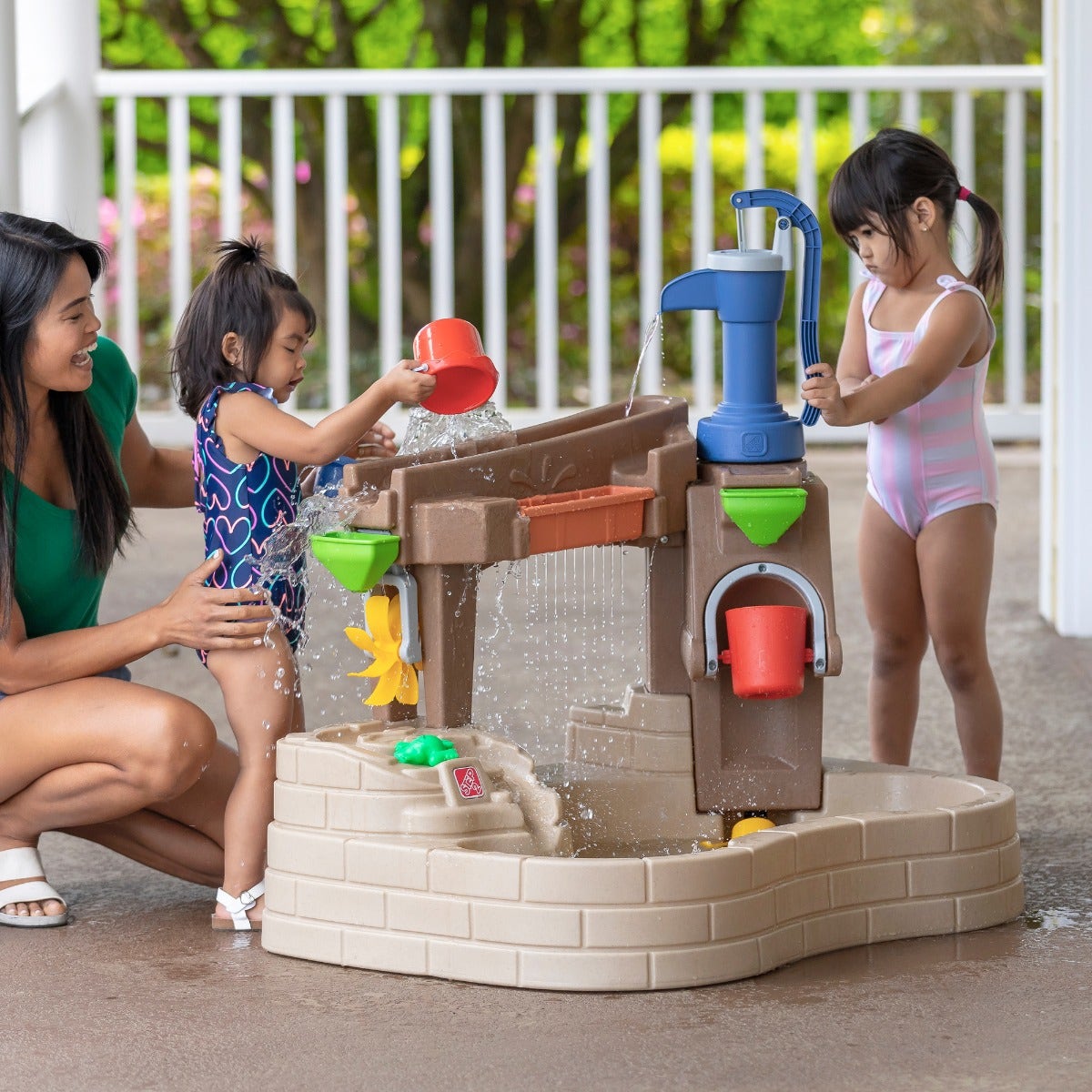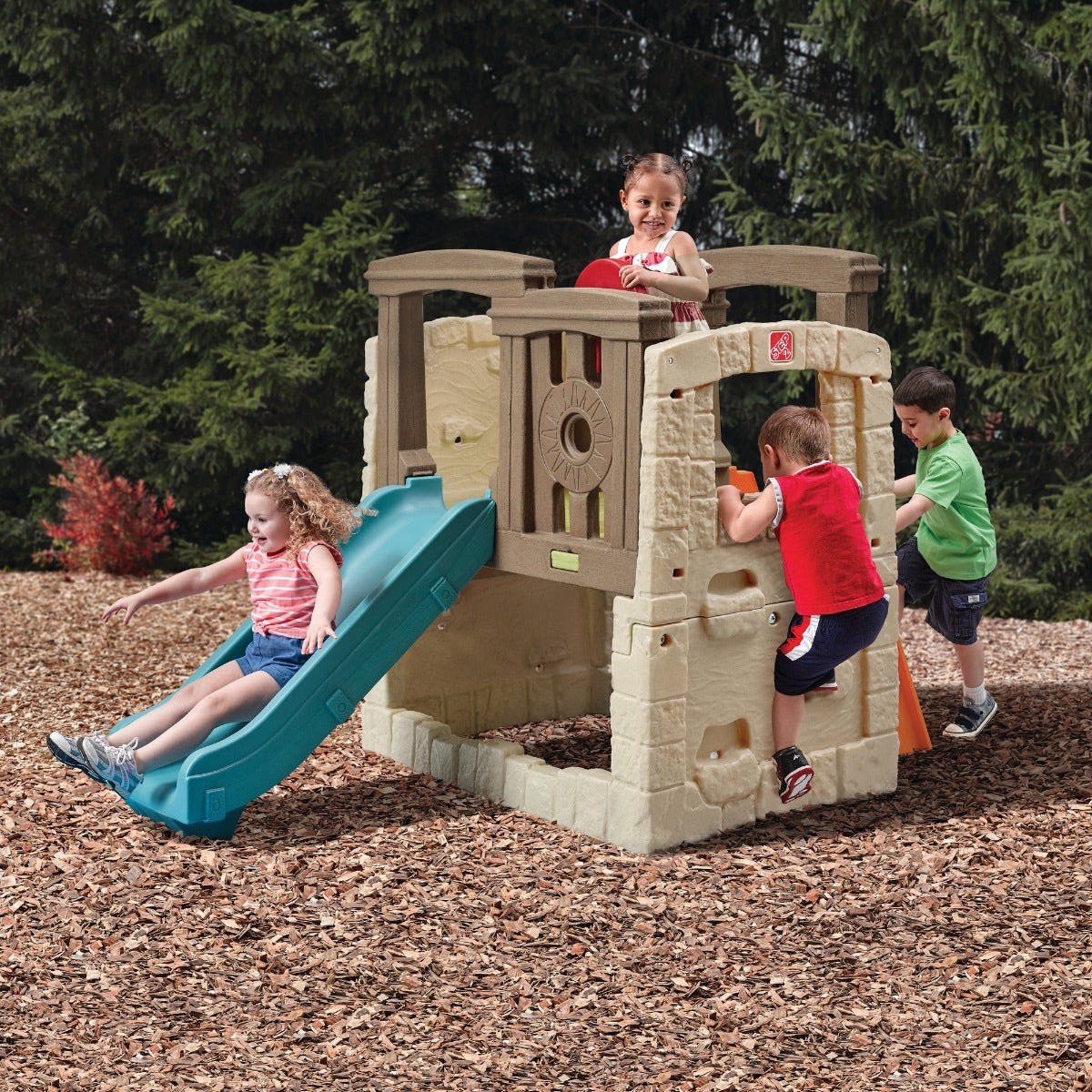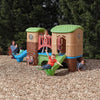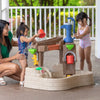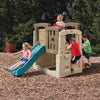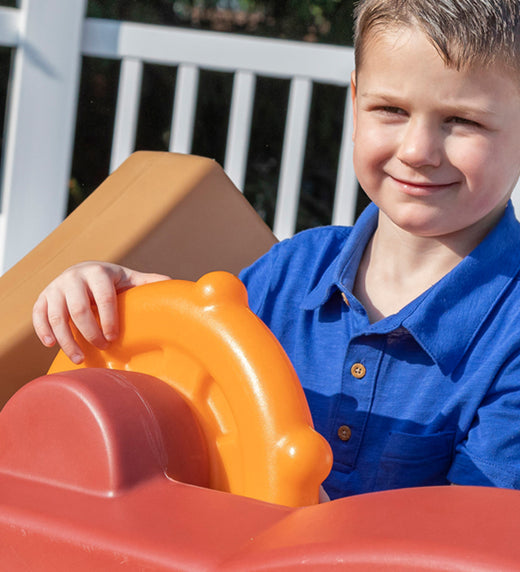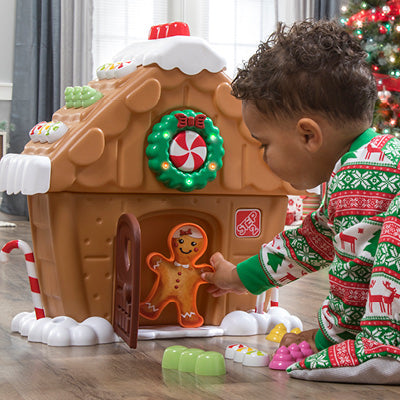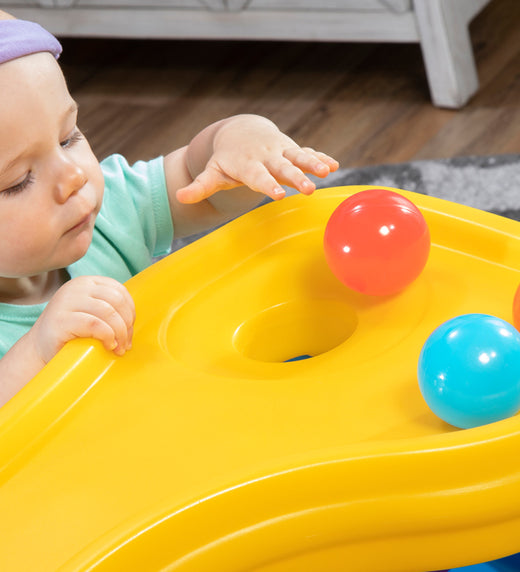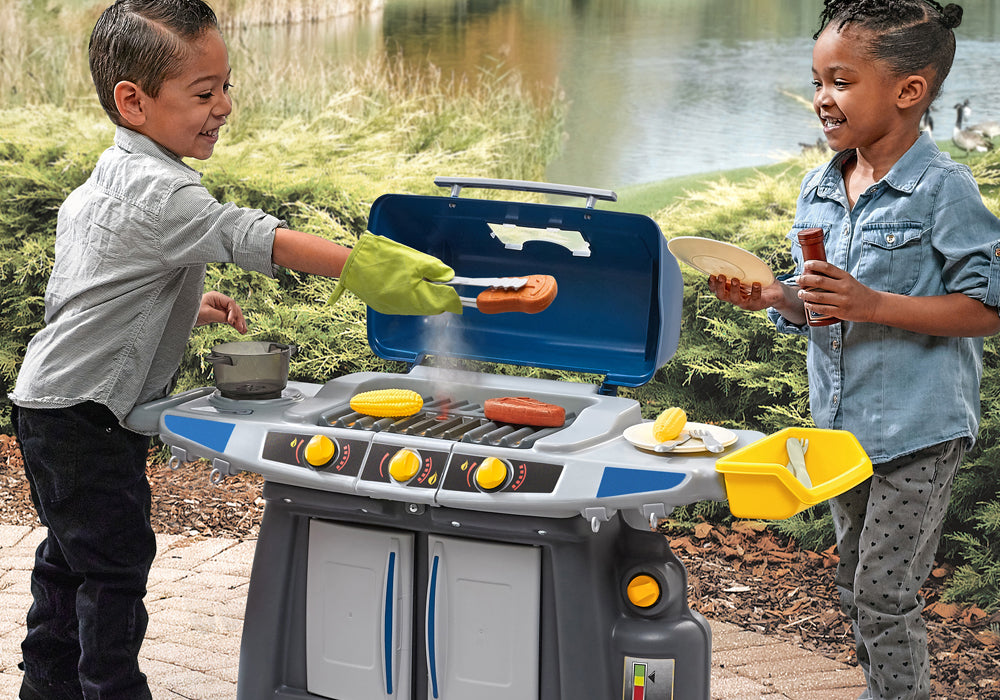
Play is vital for children of all ages. Not only is it a great way to get their bodies and minds active, but it’s a great way to teach children important lessons in life, such as social skills! Pretend play helps little ones practice their hands at sharing, cooperating, following rules, listening, understanding emotions, and using manners.
What Is Pretend Play?
Pretend play is a fun and fantastic thinking activity! Little ones engage their imaginations, think creatively, and put their problem-solving skills to the test. It helps them to step outside of their comfort zones and try something new, whether it’s a new way of looking at a problem; pretending to play a new role, such as a teacher; or stepping back and letting someone else use their favorite toy.
How Does Pretend Play Improve Social Skills?
When children play together, they get a chance to put social norms into practice. They learn—sometimes after many tries—to share toys, take turns, and that taking a toy from another child isn’t nice.
Playing with other children helps kids to understand their own emotions as well as those of others. They learn it’s not fun when someone takes a toy they were playing with and that learning to share and be patient will help them gain a new friend.
Becoming more aware of their own emotions helps little ones to identify when others are feeling happy, sad, nervous, or angry. They gain a sense of empathy, sympathy, and begin to acknowledge how their own actions affects those around them.
Using Pretend Play to Build Social Skills
One great way to use play to improve social skills is through role play! Children love a chance to take on a new role and get into character. Through role play, children get a chance to act out behaviors and emotions they observe in everyday life.
When role playing, children get a chance to step into someone else’s shoes. They may react differently to situations than they would if they were being themselves. For example, if they’re playing house, they may pretend to be the parent cooking for their child. Your little one may be standing in their Step2 Lifestyle™ Dream Kitchen and explain to their “child” that they can’t have a cookie until they eat something healthy.
When playing in a playhouse, such as the Step2 Neat & Tidy Cottage™, little ones can play neighbors and invite their friends over to their home. They may create backstories of where they’re from, who they are, and what kind of jobs they have—one may be a princess, one may be a doctor, and one may be a character from their favorite show!
When role playing, children negotiate ground rules, learn to cooperate, and practice problem-solving skills as they carry out their storylines.
Sharing Is Caring
Toddlers aren’t known for their sharing skills—especially when it comes to siblings!—but practice makes perfect! Toys that allow for multiple children to play side by side is a great way to introduce sharing, taking turns, and even a sense of personal space. Sand and water tables are great examples.
The Step2 Car Wash Splash Center™ is perfect for engaging several children and encourages role playing! One kid can get behind the steering wheel, one can give the car a good wash, and another child can fill up the “gas tank.” The kids can take turns with the various roles, all while having fun and learning important social skills.
Don’t expect your little one to be a master sharer overnight. To encourage these skills, point out when your child does something good. When you see them sharing, be sure to let them know by saying, “You did a great job sharing your toy. That made your friend very happy, I’m proud of you.” This increases their self-esteem and demonstrates how their actions affects others in a positive way.
The Many Social-Skills Benefits of Pretend Play
Pretend play is tons of fun and reaps tons of benefits! Children learn to build relationships, make new friends, and they get a chance to work on their communication skills. Through pretend play, kids learn to share, develop impulse control, and work on important conflict-resolution and problem-solving skills.
Through pretend play and role playing, kids get a chance to put themselves in someone else’s shoes. They gain a sense of empathy and gain an awareness of how their actions affect others and how they can help a friend in need.
There are tons of social skills benefits for kids through pretend play. How do you use pretend play to help your little ones? What kind of social skills do they learn? Comment below!
